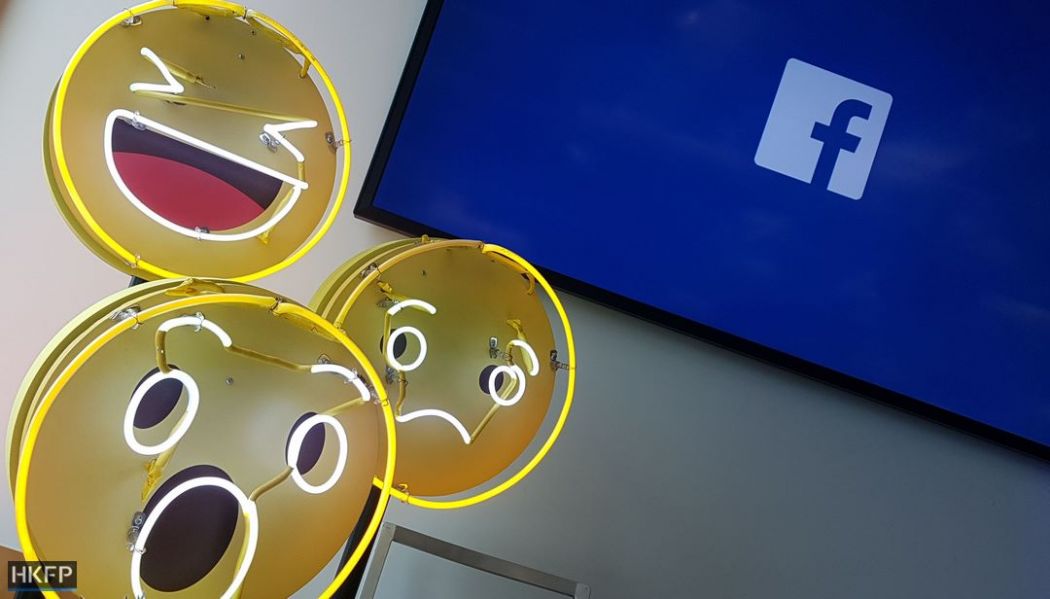Hong Kong has sought to reassure US tech and social media giants after they threatened to pull out of the city over fears that a new anti-doxxing law will negatively impact free speech in the SAR.
City Chief Executive Carrie Lam said that the concerns raised by Facebook, Twitter and Google were unwarranted and would be proved wrong as the new law takes effect.

In addition, Hong Kong’s Privacy Commissioner, Ada Chung, said officials from the Office of the Privacy Commissioner for Personal Data (PCPD) would meet with representatives of a US tech and social media industry group to hear their concerns.
On Tuesday, Lam said: “It is preferable to be able to assuage concerns and worries during the legislative process but sometimes through practice — such as the national security law forum yesterday — we can see that the national security law did not lead to situations as described by people who smeared it. It is the same for the Personal Data (Privacy) Ordinance.”
The Asia Internet Coalition (AIC), an industry group with members — including Google, Facebook and Twitter — warned the Hong Kong government in a letter that the companies might stop offering services in the city if their employees were made criminally liable for their users’ doxxing behaviour.
The letter called the proposed law a “completely disproportionate and unnecessary response” and said it could harm free expression or make “innocent acts of sharing information online” unlawful.

Doxxing is broadly defined as the act of searching for and publishing private or identifying information about a particular individual on the internet with malicious intent.
Under proposed amendments to the Personal Data Protection Ordinance, which were submitted to the legislature in May, companies which fail to remove doxxing data from their platforms could face a fine of up to HK$100,000 and two years’ imprisonment.
In May, Secretary for Constitutional Affairs Erick Tsang warned that Hong Kong employees of such overseas-based websites could face arrest. Anyone found to have committed doxxing may face a fine of up to HK$1 million and five years in prison.
“Our goal is to stem doxxing behaviour and to empower the Privacy Commissioner for Personal Data to take enforceable action, that’s all. But if some web service companies show concern, I believe the PCPD will be happy to meet with them and hear out their concerns,” said Lam.
Meeting with AIC
Meanwhile, in a statement, Privacy Commissioner Ada Chung said that she will meet with representatives from the AIC “to better understand its views” while maintaining that the amendments “will not have any bearing on free speech.”

A statement issued by Chung’s office on Monday said a survey it commissioned showed about two-thirds of respondent groups and individuals supported rules that will curb doxxing, including empowering itself to removing doxxing content from websites and initiate criminal prosecutions.
“The government’s aim is to complete the drafting of the amendments and introduce the Amendment Bill for the scrutiny of the Legislative Council within this legislative session,” the statement read.
Support HKFP | Policies & Ethics | Error/typo? | Contact Us | Newsletter | Transparency & Annual Report | Apps
Help safeguard press freedom & keep HKFP free for all readers by supporting our team

LATEST FROM HKFP
HKFP has an impartial stance, transparent funding, and balanced coverage guided by an Ethics Code and Corrections Policy.
Support press freedom & help us surpass 1,000 monthly Patrons: 100% independent, governed by an ethics code & not-for-profit.










